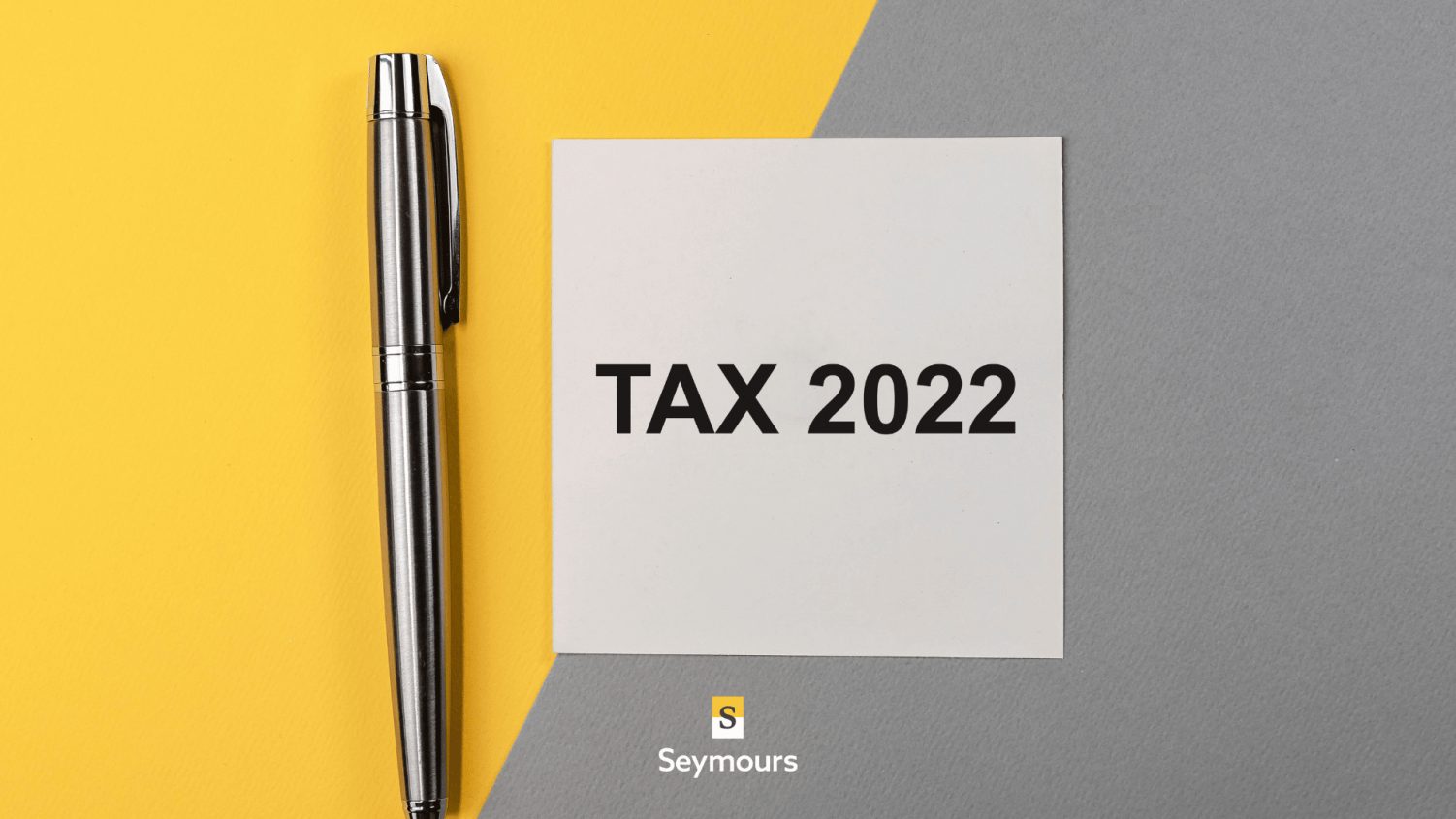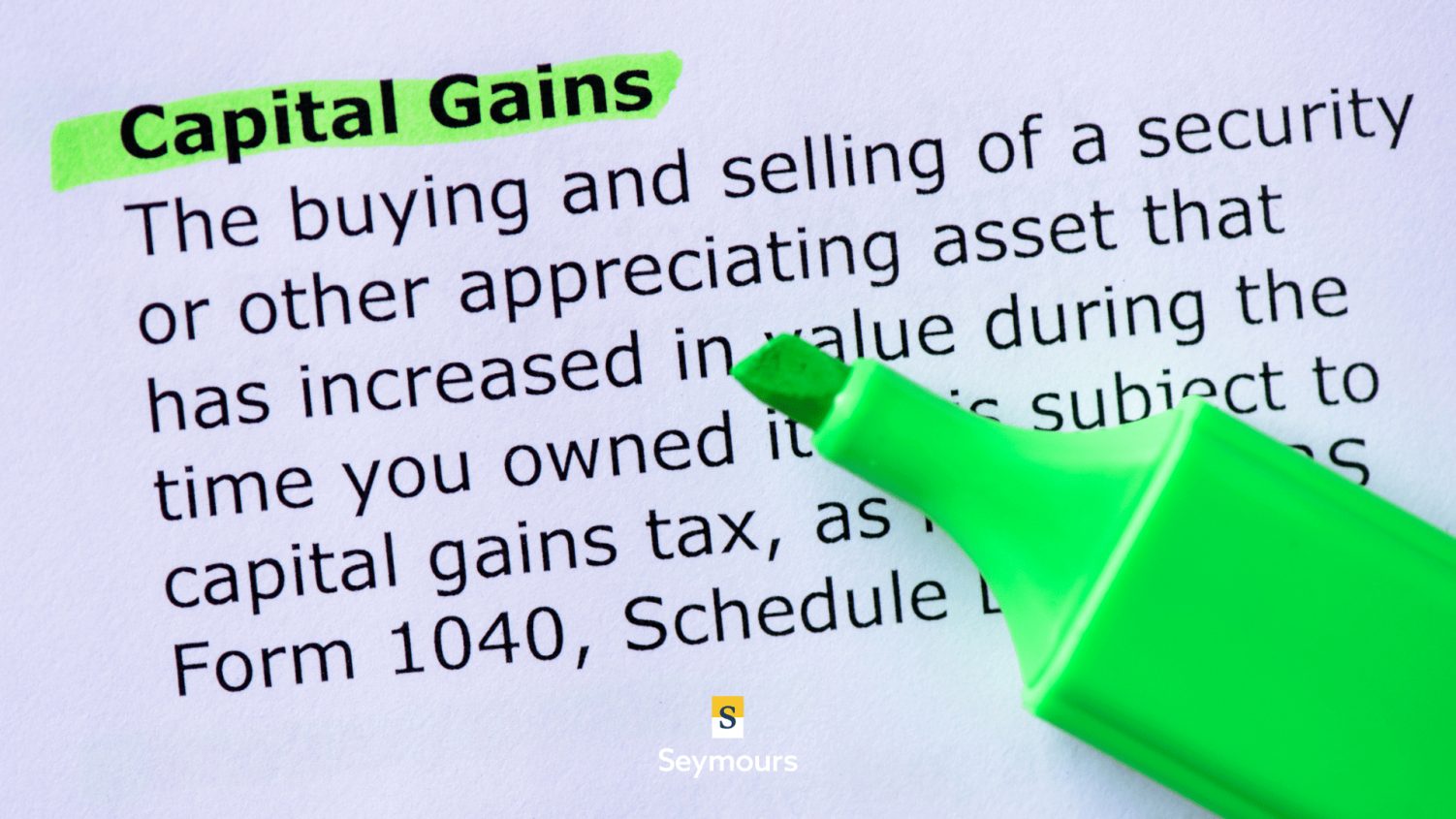Changes For Landlords In 2022: What You Could Expect For The New Year
14 January, 2022
Whether you are a seasoned professional or looking to start the new year by renting out your property – there are some changes for landlords in 2022 that you should be aware of. There are plenty of rules and regulations to take into account when you begin this journey, so making sure you keep up with them is vital. We had plenty to be happy about last year. With rising rents and the extension of stamp duty holiday – people letting their homes benefitted rather nicely. This does not, however, mean we can expect the same in the next 12 months.
But with careful planning and consideration, you can maximise your profits and remain in the tenants’ good books for the foreseeable future. This article will cover some of these changes for landlords in 2022 and other things you can expect to impact you in the coming months.

1. Tax Returns
With the deadline for your 2020-2021 self-assessment passing by on January 31st, it will be the first one whereby a new mortgage interest tax relief credit applies. New rules introduced in April 2020 could mean higher tax bills on your end.
These changes mean that you can no longer deduct any mortgage expenses from your rental income. This could be quite a blow as this was proving a major tax advantage for many people.
Instead, you will now be issued with a tax credit based upon 20% of your mortgage interest payments.
This not only means you’re receiving less of a discounted rate, but it could in fact force some private landlords into a higher tax bracket. This is worth noting as you may need to make some adjustments to rent or other costs as a result.

2. Capital Gains Tax
This is one of the changes for landlords in 2022 that you can look forward to. It will help taxpayers to meet deadlines and mitigate the risk of late payment.
While you originally had just 30 days to report and pay the capital gains tax – you will now have up to 60 days.
If you are selling a buy-to-let home or second property, you will usually have to pay this tax on any profit you make. The rates are usually between 18% and 28% depending on which bracket you fall into.
You can also deduct any cost involved with selling such as solicitor fees from the taxable value so that you do not have to pay back as much. With this in mind – it could benefit many people by having a longer window to make payments and report the gains. Just don’t forget you still only have 2 months. No longer!

3. Energy Efficiency Rules
Another extended deadline for you!
New government rules mean you now have until 2026 to ensure newly-let homes can achieve a band C or higher on their energy performance certifications. This is great news as it gives you more chances to find the perfect property and make all of the necessary changes or refurbishments.
It does mean, however, that more work will need to be done on older properties to ensure they are meeting regulations. For example, insulation and double glazing will need to be up to standards.
While this could cost more in the long run – you now have extra time to do so and ensure you are spreading the cost as much as possible. There are still talks happening about the possibility of funding for such measures – so keep an eye out.
For previously let homes, you also have even longer to make these improvements. 2028 is the deadline and will allow you the opportunity to do so with minimal disruption to tenants and mitigating the need for long term vacancies.

4. Section 21 Evictions
One of the most awaited changes for landlords in 2022 is the abolition of section 21. This means you will no longer be permitted to evict a tenant at short notice and without good reason.
It was important for renters that this was made as it allows them to avoid unfair eviction from their homes. Previously, ‘no-fault’ evictions had meant tenants could be asked to leave in as little as 8 weeks without good reason.
This left renters worried for the safety of their home and now means more families can rest assured they are able to stay in a tenancy agreement for as long as they are able. These measures will not only benefit the tenants either.
With a more secure rental market, you will be in a better position to invest and capitalise from your buy-to-let properties. Investing this way will be much more reliable and a lot safer so you can continue down this avenue as you were before.

5. Lifetime Deposits For Tenants
Each time a tenant moves to a new rental property, they will require another deposit to secure tenancy and effectively be ‘released’ from the previous home. While paying rent and other bills at the same time, it can be hard for people to find this money immediately.
The idea of a lifetime deposit is simply that. Their money will be transferred directly from one landlord to another with every move.
The advantage of this is simply that they do not need to find the funds for an additional deposit each time. It makes their lives a lot more straightforward and reduces the stress of saving.
It is also thought that this scheme could be used for tenants wishing to save for a home deposit in the future if they are looking to become homeowners. It will always be set aside and they can simply claim it back when they wish to.
This is still something that is purely speculation but the idea as a whole could greatly improve the availability of new, reliable tenants.

-
Buy-To-Let Mortgage Surge
Over recent years, the buy-to-let mortgage sector has seen some substantial growth. With demand for homes at an all-time high, competition is causing rental prices to skyrocket. As we mentioned in our previous blog – maximising profits is going to be a hot topic for landlords in the coming months.
With this surge in prices, it is likely we will see many remortgaging and even around 30% of landlords believe they will buy a second buy-to-let home in 2022.
Not only that, but a large prediction for this year is a great increase in green mortgages. This sees people with more energy-efficient homes being offered better deals and more favourable terms within their mortgage agreement.
This could mean benefits such as cashback or lower interest rates depending on the lender. Either way, it is one of the possible schemes for landlords in 2022 that is set to encourage them to invest in or upgrade to ‘greener’ and more sustainable properties.
Not only will this be beneficial in terms of repayment, but green homes tend to be worth more in the long run and are certainly cheaper to run. Overall, it is a great result to reach for and could save you plenty. If maximising capital and sustainability are resolutions for you this year – why not jump on the Green Mortgage surge?

Changes For Landlords In 2022 – Seymours Estate Agents
We work with plenty of individuals looking for buy-to-let properties and advice on how to get the most out of renting. The truth is – your journey is going to look very different from the person before you.
Your own circumstances and preferences will determine the kinds of tenants you welcome, the style of home you wish to let and the market within your local area. All of these things combined could see different results across the board.
It is for this reason that we always ensure our customers remain aware of the laws and regulations that act as a blanket for landlords across the country. With other elements changing constantly and often day to day – these new regulations are ones that have been implemented for a reason and are going to impact the way you do things.
Keeping in line with everything we’ve mentioned above and other adjustments that might impact you will ensure you can continue renting out your properties and making the most of the process. It will also keep you and your tenants safe and happy which is the most important thing.
If you’re looking to invest in a second property or simply want more advice, you can fill out a contact form today or visit our website to book an appointment and find out more. We keep our processes simple and transparent and won’t try to baffle you with small print or jargon.